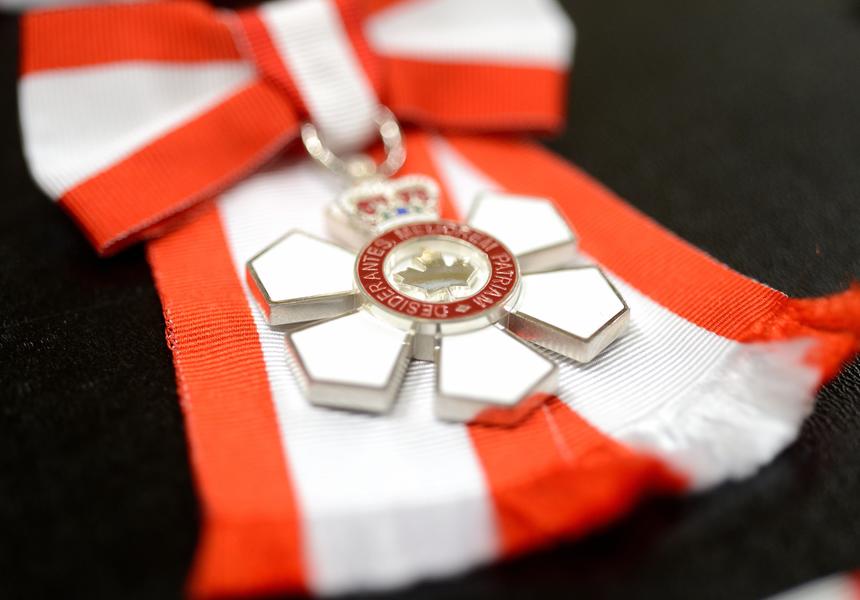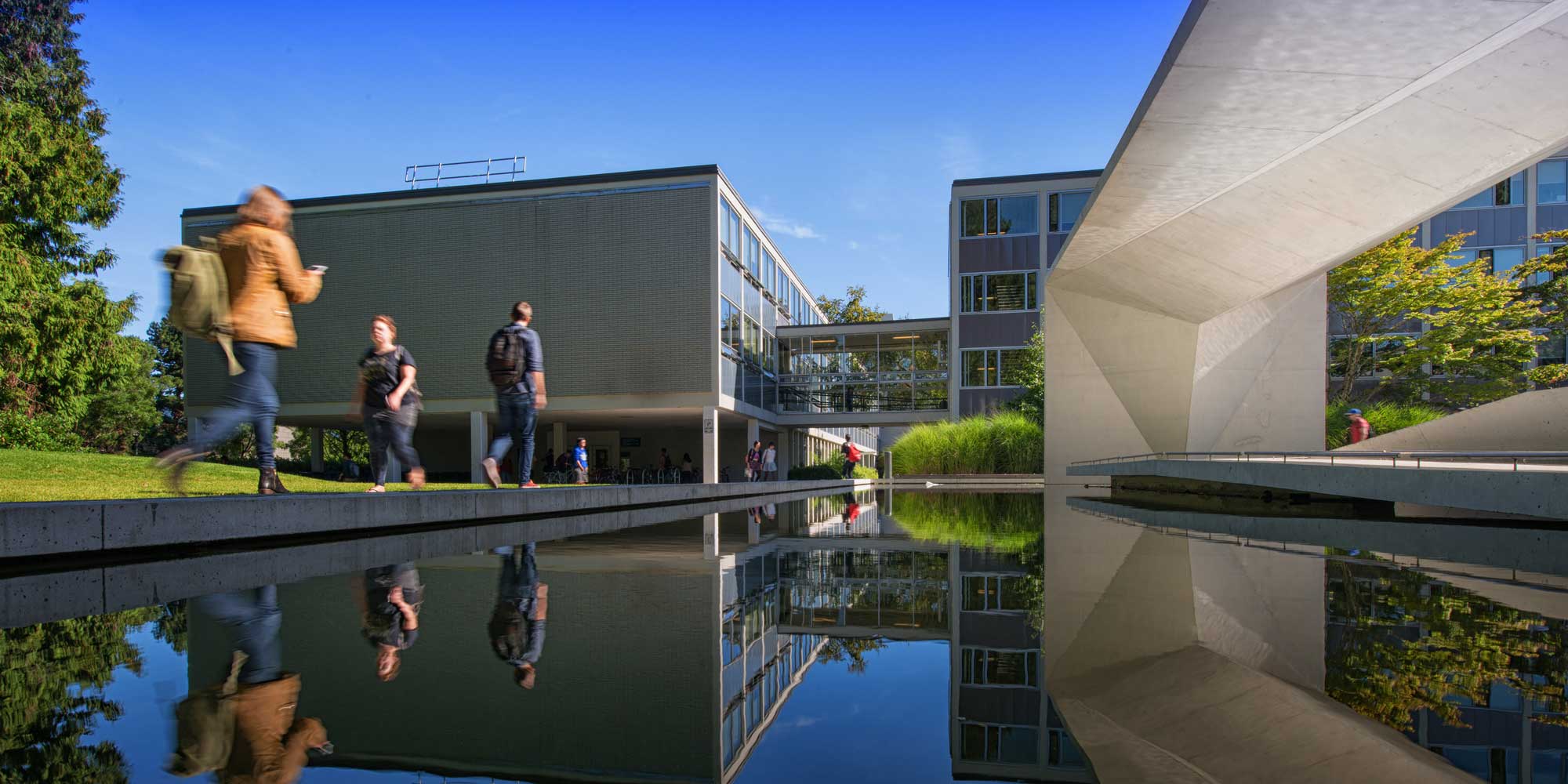

What program/specialization are you studying at UBC and how did you come to choose it?
I’m in my third year of the First Nations and Indigenous Studies Program. Before coming to UBC I created a Food Security & Nutrition Program on my reserve. I’m passionate about traditional food and medicine revitalization and healing through reconnection to the land. I originally came to UBC with the intent of working towards my Dietetics degree. However, I took a couple FNIS courses and realized that the course content aligned with my passions. I feel like the course content, professors, and fellow students in the program really contribute to preparing us for the important work we are doing to heal and rebuild our Indigenous communities.
What was it like transitioning to life at UBC as an Aboriginal student?
I’m from a really small community on the northern tip of Vancouver Island. When I’m home I spend most of my time out in the wilderness or with my family and community. I’m also really driven to implement positive changes in my community. So moving to Vancouver and coming to UBC was really hard for me because I was separated from my community, family, and nature. The hectic lifestyle of the city was also a shock to me. I was really unhappy for a while. But I coped by connecting with the Aboriginal communities on campus, and finding ways to implement positive changes on campus through working with the First Nations & Indigenous Studies Student Association (Last April I was elected the president) and as the Aboriginal Students Commissioner to the AMS. Now I’m thriving, and I’ve made so many wonderful connections with like-minded people. I connect with the natural world to ground myself by spending time at UBC Farm, or in the forest and on the beaches surrounding campus.
What was the most challenging experience that you had while attending UBC and how did you overcome it?
My community, family and home are an 8 hour car and ferry ride away from Vancouver. So being separated for extended periods of time is pretty tough. But in my first two years at UBC I lost many loved ones.
In my first year my cousin passed away in a tragic boat accident and in my second year all three of my Grandparents passed within 7 months. Being separated from my family while we were all grieving was extremely difficult and focusing on my studies was nearly impossible.
A number of factors helped me through this time. First, I talked to all my professors to let them know what was happening and they were all very understanding. Second, I met with my Peer Advisor to let her know what was going on with me and in order to get letters for my absence. Third, I met with an Aboriginal Counsellor on a regular basis to work through my grief. I also had a really good support system of classmates and friends who diligently took notes and sent them to me while I was away so that I was able to keep up with most of the course work.
When I returned back to UBC, I set up a daily practice of nurturing myself through yoga, dance and spending time in the forest and on the sea.
Do you have any advice for Aboriginal Students at UBC?
Stay connected to what’s going on among the Aboriginal communities on campus. Join the Talking Stick newsletter, attend the lunches and events at the First Nations House of Learning. This is how you’ll meet some really wonderful people. Also, seek out programs and projects that align with your interests and join them. In my first year I took part in a study that looked at the way traditional Indigenous methods of healing affect Indigenous students. This study was life-changing for me. I’d also recommend that new students check out and join student clubs, such as the First Nations & Indigenous Studies Student Association and the Aboriginal Students Association (Editor’s note: it’s now called the Indigenous Student Association). Finally, it’s important to look after your well being. If it ever gets too overwhelming or you need someone to talk to, Counselling services on campus is a wonderful resource.
What are your plans after you complete your undergraduate studies?
I would like to return to my home community, the Gwa’sala-‘Nakwaxda’xw Nations on North Vancouver Island.
Some of the work that I will do is to facilitate decolonization through resurgence of our traditional ways of life. This would include revitalization of traditional food and medicine practices, revitalization of our language and connecting to our land and waterways.
However, an important aspect of that work is actually practicing it, so I will spend a lot of time being on the land and sea actually living that resurgence.
I’m also a writer, so it will be very important for me to be able to continue to share my stories. I think the work I will be doing and my lifestyle will tie into that really well.
Where on campus is ‘home’ for you?
I probably spend most of my time at the First Nations House of Learning. I definitely feel at home there. I always run into friends there, and the smell of cedar is comforting me because it reminds me of being in a ceremonial bighouse. Also, there’s a wonderful study space, computer lab, and place to prepare and eat meals there. I also love spending time at UBC Farm, and am looking forward to finding more ways to volunteer there and spend more time on the land.
University is definitely a lot of work, but if you take the time to look after your own well being and interests it can be so incredibly enriching and healing.
ASA Tip: For more information on the Aboriginal-specific clubs and ways to get involved that Lucy mentioned, like First Nations & Indigenous Studies Student Association (FNISSA), check out the FNIS website here!


